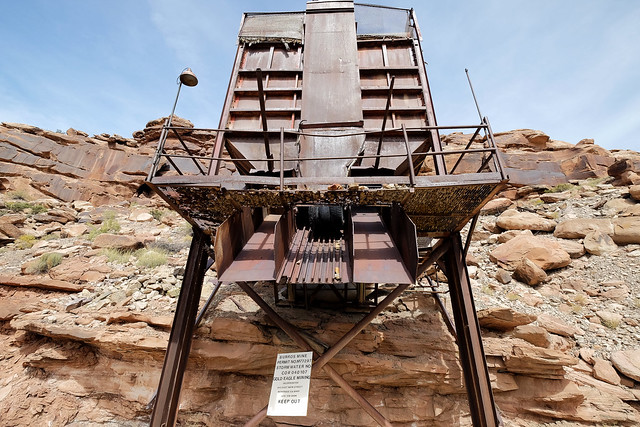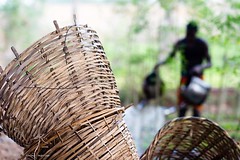Niger Is The Fourth Ranking Producer Of Uranium In The World
Niger Uranium Mines
Niger has two significant uranium mines providing nearly 8 percent of world mining production from Africa highest-grade uranium ores.
Niger is the fourth-ranking producer of uranium in the world
Niger is a landlocked nation, whose economy centers on subsistence crops, livestock, and some of the world's largest uranium deposits.
The discovery of the element is credited to the German chemist Martin Heinrich Klaproth in Berlin in 1789. Uranium is a chemical element with symbol U and atomic number 92. Uranium is regularly found in very small amounts in rocks, soil, water, plants, and animals and humans.
In nature, uranium is found as mostly as uranium-238 and uranium-235. Uranium metal is very dense and heavy therefore Uranium decays slowly with a half-life of about 4.47 billion years for uranium-238 and uranium-235 are 704 million years.
The main use of uranium in the private citizen sector is to fuel nuclear power plants. Uranium metal is very dense and heavy and is used by the military as shielding to protect Army tanks, and in bullets and missiles.
Mineral goods produced in Niger include uranium, cement, coal, gold, gypsum, limestone, salt, silver, and tin. Niger is the world's fourth-ranking producer of uranium; Kazakhstan is the leading producer then Canada, Australia, Namibia and Niger.
Uranium is mined close to the twin mining towns of Arlit and Akokan. The mines resumed operation at the end of January 2014 under the terms of a government decree. Niger is a landlocked, Sub-Saharan nation, whose economy centers on subsistence crops, livestock, and some of the world's largest uranium deposits.
Niger's first commercial uranium mine began operating in 1971. Uranium was discovered at Azelik in Niger in 1957. Azelik is presently a Uranium Mine in Niger, also known as Teguidda, in 2014 the mine is owned by China National Nuclear Corporation, State of Niger, ZXJoy Investment.
According to Mining-Technology the Imouraren mine is the largest uranium deposit in Africa and world's second-largest uranium deposit. The development of the mine is expected to create 1,800 direct jobs and 3,500 indirect jobs during its estimated production period of 35 years. The mine is expected to start production in 2015.
The United Nations ranked Niger as the second least developed country in the world in 2016 because of food insecurity, lack of industry, high population growth, a weak educational sector, and few prospects for employment besides artisanal mining and subsistence farming and herding. However, the unemployment rate in Niger is 3 percent in 2015-2016 according to The CIA World Factbook.
Below are more links to minerial and gold mining articles you will find thought provoking.
- Gold Mining the Devils Office South Africa
- Gold Mining and Gangs in Nigeria
- Gold causes lead poisoning in African children
- Artisanal and Small-scale mining




